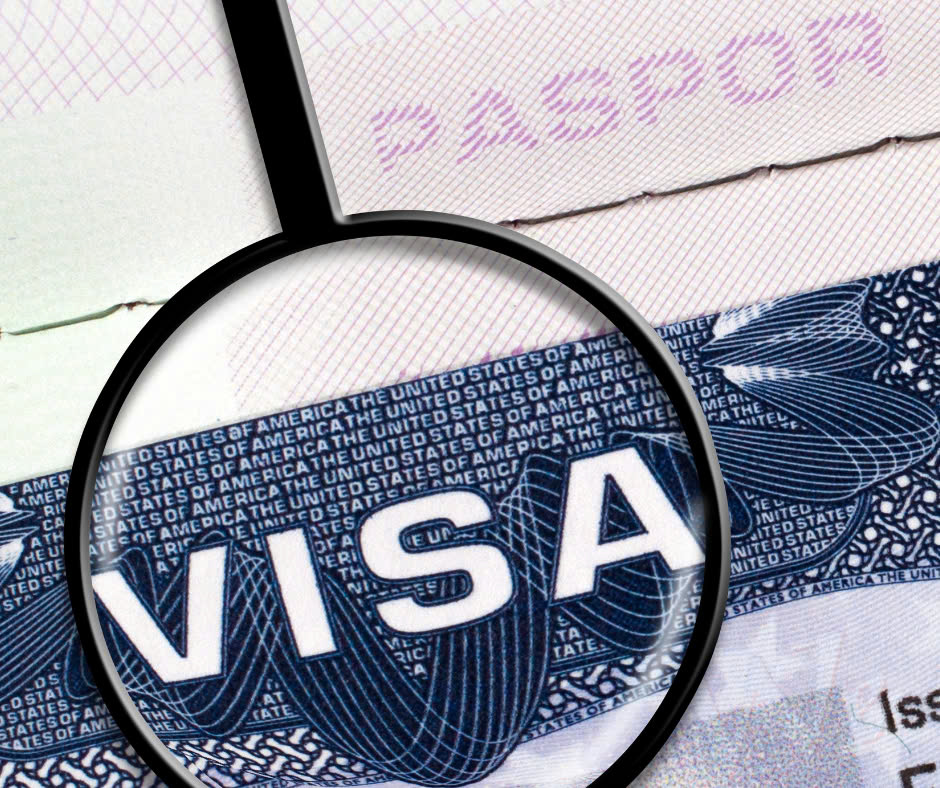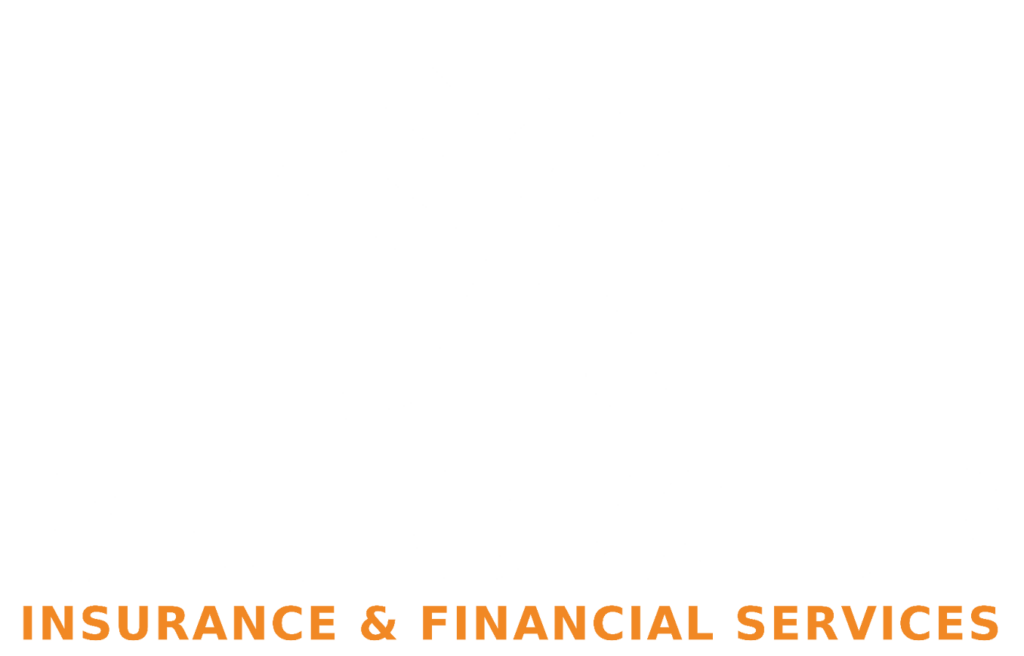The United States offers various pathways for foreign nationals to obtain permanent residency through employment-based immigrant visas. These visas, known as EB visas, are categorized into five preference levels based on the applicant’s qualifications, skills, and job offer. In this article, we will explore the key features of the EB-2, EB-3, EB-4, and EB-5 visa categories, helping you understand which one may be right for you.
1. EB-2 Visa: Professionals with Advanced Degrees or Exceptional Ability
The EB-2 visa is intended for individuals who have an advanced degree or exceptional ability in their field. This category is ideal for professionals who hold a master’s degree or higher, or those with a bachelor’s degree and at least five years of progressive work experience in their field. It is also available for individuals with exceptional ability in the arts, sciences, or business.
Key Features of the EB-2 Visa:
- Eligibility: Applicants must have either:
- A master’s degree or higher, or a bachelor’s degree with five years of experience in the field.
- Exceptional ability in the sciences, arts, or business (proven through sustained national or international acclaim).
- Job Offer Requirement: Typically, an employer must sponsor the applicant. However, applicants may request a National Interest Waiver (NIW) if their work benefits the U.S. national interest, allowing them to apply without a job offer.
- Priority Date: The EB-2 category is subject to annual quotas, and priority dates may vary depending on the applicant’s country of origin.
2. EB-3 Visa: Skilled Workers, Professionals, and Other Workers
The EB-3 visa is designed for individuals who are skilled workers, professionals, or other workers. This category is more accessible than the EB-2, as it requires lower qualifications and work experience.
Key Features of the EB-3 Visa:
- Eligibility:
- Skilled Workers: Applicants must have at least two years of experience or training in a skilled occupation.
- Professionals: Applicants must possess a U.S. bachelor’s degree or its equivalent in a specific field and have a job offer requiring such a degree.
- Other Workers: Individuals who are capable of performing unskilled labor requiring less than two years of training or experience.
- Job Offer Requirement: A permanent, full-time job offer is required, and the employer must demonstrate that no qualified U.S. workers are available for the position.
- Priority Date: Like the EB-2, the EB-3 category is subject to annual quotas and can face waiting times, especially for applicants from countries with high demand, like India and China.
3. EB-4 Visa: Special Immigrants
The EB-4 visa category is reserved for special immigrants, including religious workers, employees of international organizations, broadcasters, and certain other groups. This category is more varied and offers pathways for individuals in unique circumstances.
Key Features of the EB-4 Visa:
- Eligibility: This category includes several subgroups, such as:
- Religious Workers: Individuals who have been working in a religious vocation for at least two years.
- Employees of International Organizations: Individuals working for specific international organizations.
- Broadcasters: Individuals working in a professional broadcasting capacity.
- Other Special Immigrants: Includes certain Afghani or Iraqi nationals who worked with the U.S. government, certain retired officers, and more.
- Job Offer Requirement: Most subcategories do not require a permanent job offer but may require proof of a specific relationship or affiliation with an organization (e.g., religious institution).
- Priority Date: The EB-4 category is subject to annual limits, but demand is typically lower compared to EB-2 and EB-3, leading to shorter waiting times.
4. EB-5 Visa: Immigrant Investor Program
The EB-5 visa is for foreign nationals who wish to invest in a U.S. business and create jobs for U.S. workers. This visa offers a unique pathway to permanent residency through significant financial investment, and it is popular among high-net-worth individuals seeking to immigrate to the U.S. through business ventures.
Key Features of the EB-5 Visa:
- Eligibility: To qualify for the EB-5 visa, applicants must:
- Invest a minimum of $1.05 million (or $800,000 if investing in a Targeted Employment Area (TEA) with high unemployment).
- Invest in a new commercial enterprise that creates at least 10 full-time jobs for U.S. workers.
- Investment Requirements: The investment must be at risk, and the investor must play an active role in the business, either directly or through a regional center that manages the investment.
- Priority Date: The EB-5 visa program is subject to a per-country quota, and waiting times can vary depending on the country of origin. However, the program offers a faster route to a green card for those who can meet the financial requirements.
The U.S. offers a range of employment-based visa categories for foreign nationals, each with its own set of requirements and benefits. The EB-2 visa is suited for professionals with advanced degrees or exceptional abilities, the EB-3 visa is for skilled workers, professionals, and other workers, the EB-4 visa is designed for special immigrants in specific fields, and the EB-5 visa provides a pathway for investors willing to create jobs in the U.S.
Navigating these options can be complex, so it is essential to consult with an experienced immigration attorney to determine the best course of action based on your qualifications and immigration goals. With the right guidance, you can take the first steps toward securing a U.S. dream and enjoying the benefits of permanent residency.





